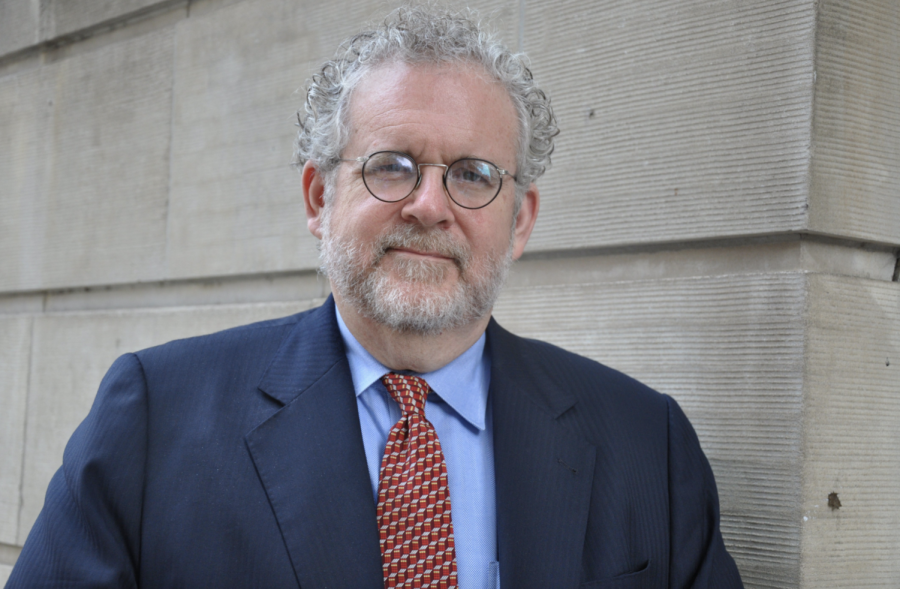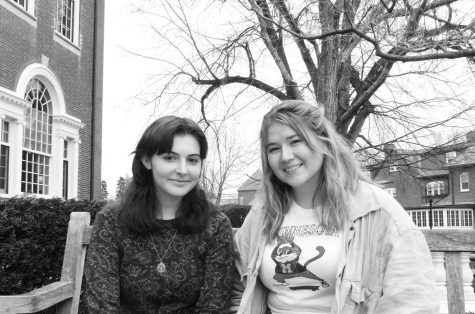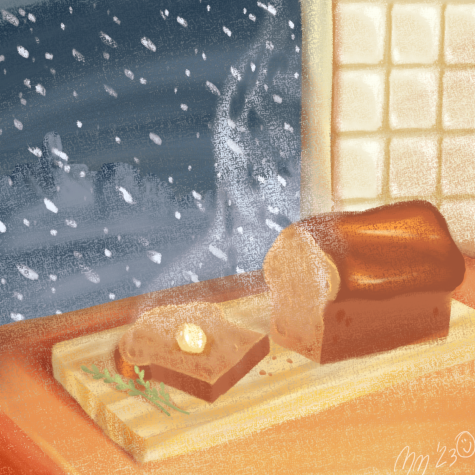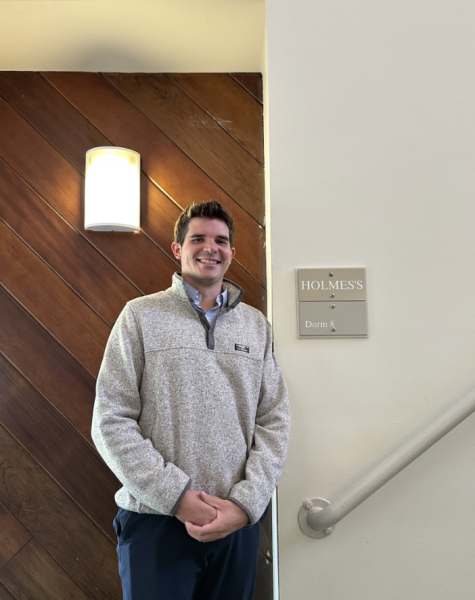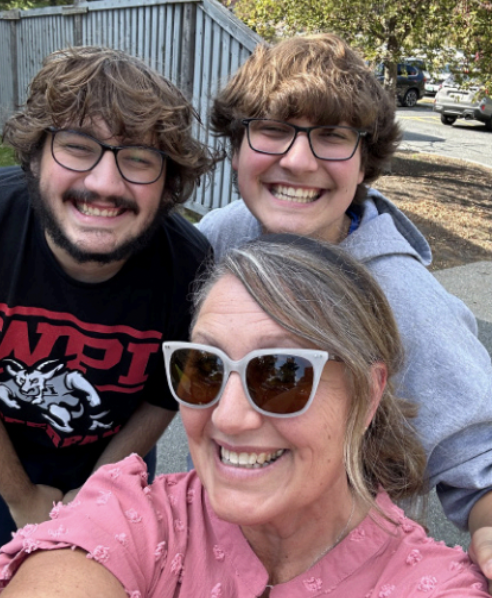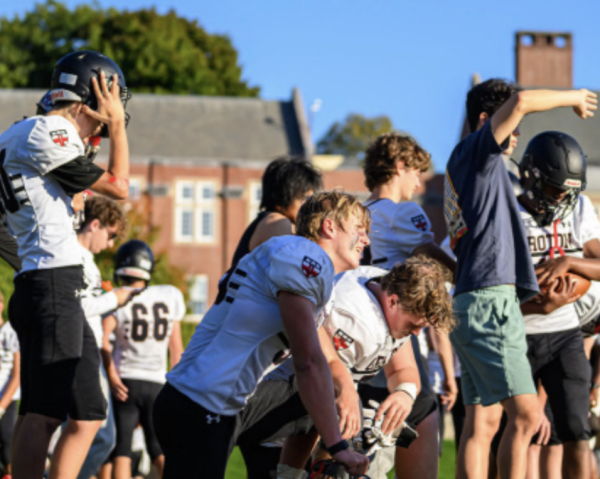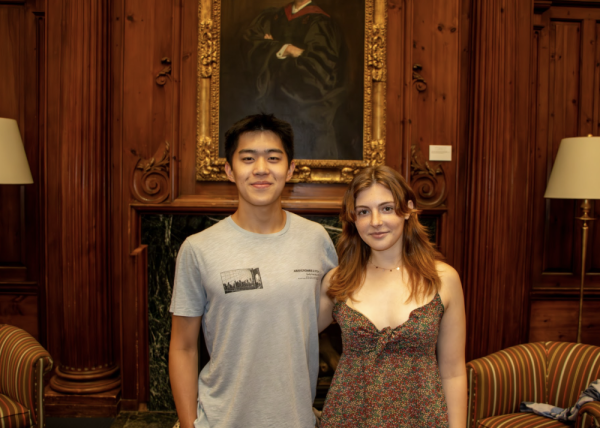The Birth of a Voice: Walter Russell Mead and The Circle Voice
Fifty-three years ago, the box through which students perceived the world outside of Groton was tuned to a dead channel. The creation of the Circle Voice did not change the channel, it deconstructed the box.
Since its inception, a panoply of diverse voices have recorded life on the Circle and pressing worldwide events that burst the Groton bubble. However, to understand its evolution throughout the decades, one must first look at its roots.
This story begins in Chapel Hill, North Carolina, where a young Walter Russell Mead ’69—the Circle Voice‘s first editor—grew up. Together with his siblings, Mr. Mead created The Neighborhood Gazette, a publication that he sold door-to-door for a nickel. Mr. Mead’s agenda: use the profit to buy books for the children’s section at his local public library.
A few years later, Mr. Mead brought his enthusiasm for journalism to Groton. When Mr. Mead first arrived in the late sixties, many prominent issues were stirring the student body. Talks of the Vietnam War and coeducation gripped the Circle. During his third form year, Mr. Mead and a group of students took the initiative to give the student body a much-needed outlet for discussion. Born in graphite and crinkled paper, Mr. Mead’s predecessor to the Circle Voice started in the basement of Hundred House, where students would gather during secret meetings to conspire their news reportage. However, the underground newspaper met its demise at a football game when it fell into the wrong hands: The Chair of the Board of Trustees.
Mr. Mead’s journalistic journey did not end there, and he decided to take the reins in creating the Circle Voice. One of Mr. Mead’s favorite parts was seeing his team “cohere and crystallize” as an abundance of passionate students helped him build the foundations of the official newspaper. Apart from the tedium of using an old-fashioned printing press–which involved hand sorting tiny pieces of type, reading them backwards, and putting them in the right boxes–Mr. Mead faced many challenges along the way.
“Naturally, you start the conversation, and a lot of discordant things are said and felt,” Mr. Mead explained. Groton School did not have a history of managing the inevitable collisions between what a student editor may want to write and what a faculty advisor may think is inappropriate, which resulted in “lots of tussles,” he said. Despite encouraging wider and more open discussions in the school, Mr. Mead acknowledged that “as student editors, we had a lot of growing to do in the sense that we were seen as kids who had no voice.”
Running the Circle Voice confirmed Mr. Mead’s interest in journalism, which helped him realize that he wanted to pursue it for his career. Mr. Mead has had columns for publications such as the L.A. Times and Foreign Affairs throughout his professional career. Currently, he is a Global View Columnist at The Wall Street Journal. In his interview with the Circle Voice, he shared some tips for student journalists. To describe the importance of keeping a reader engaged and never burying the lead of a story, Mr. Mead posed the following scenario: “You’re like Scheherazade, the sultan is going to kill you if you bore him with the story.” On top of that, Mr. Mead stressed the importance of remembering that the “subjects of stories have rights,” which is at the heart of being a “responsible journalist.”
Student voices that express the life of our community have enriched Groton. Many decades later, we hope to continue the spirit of free discussion that defined Mr. Mead’s philosophy behind the Circle Voice. As Mr. Mead says, the Circle Voice is “one of the most important ways the school community sees itself.”


